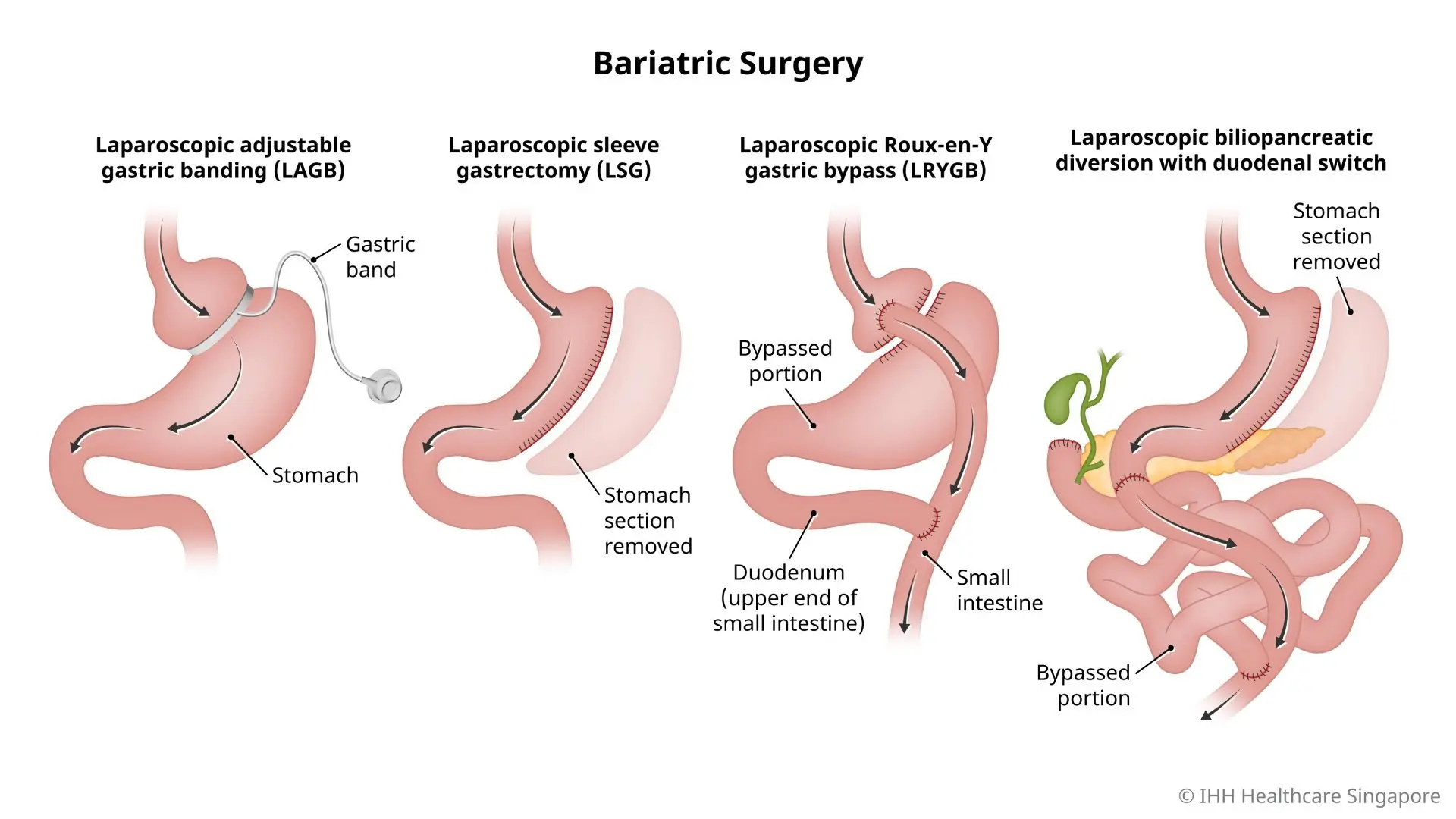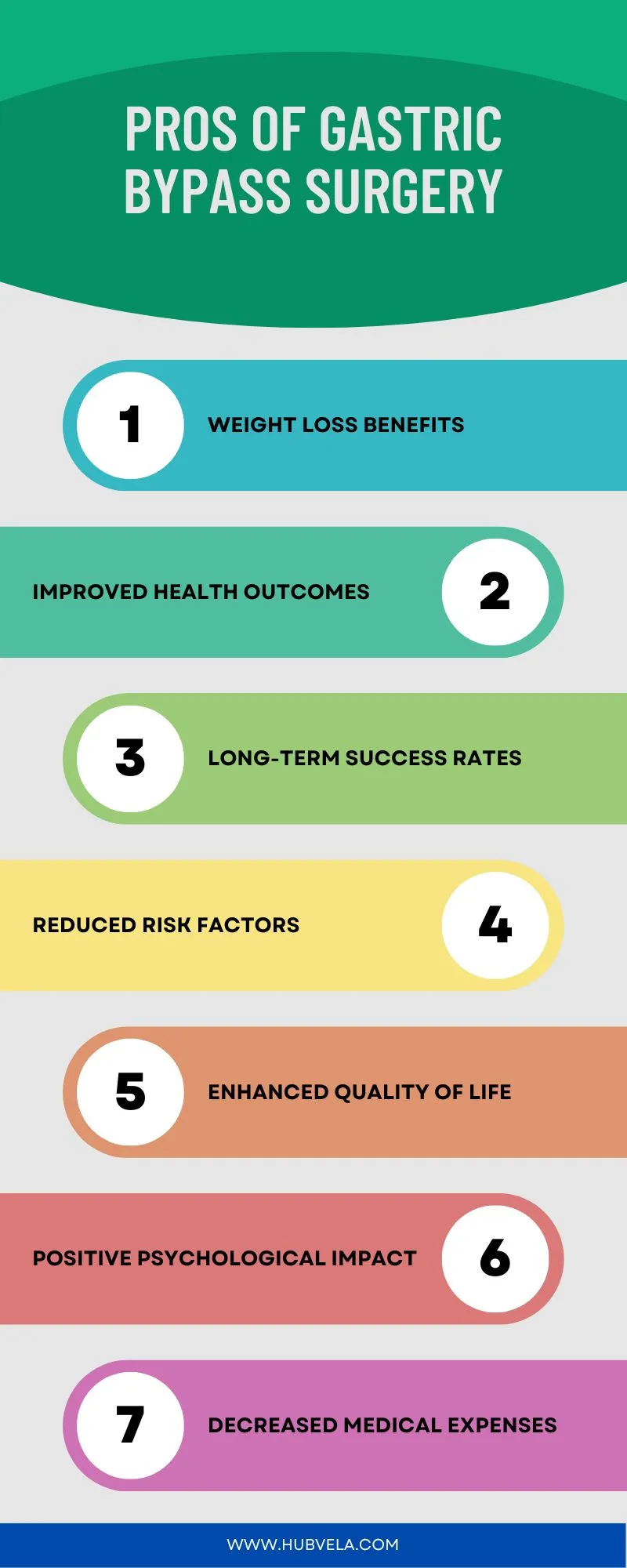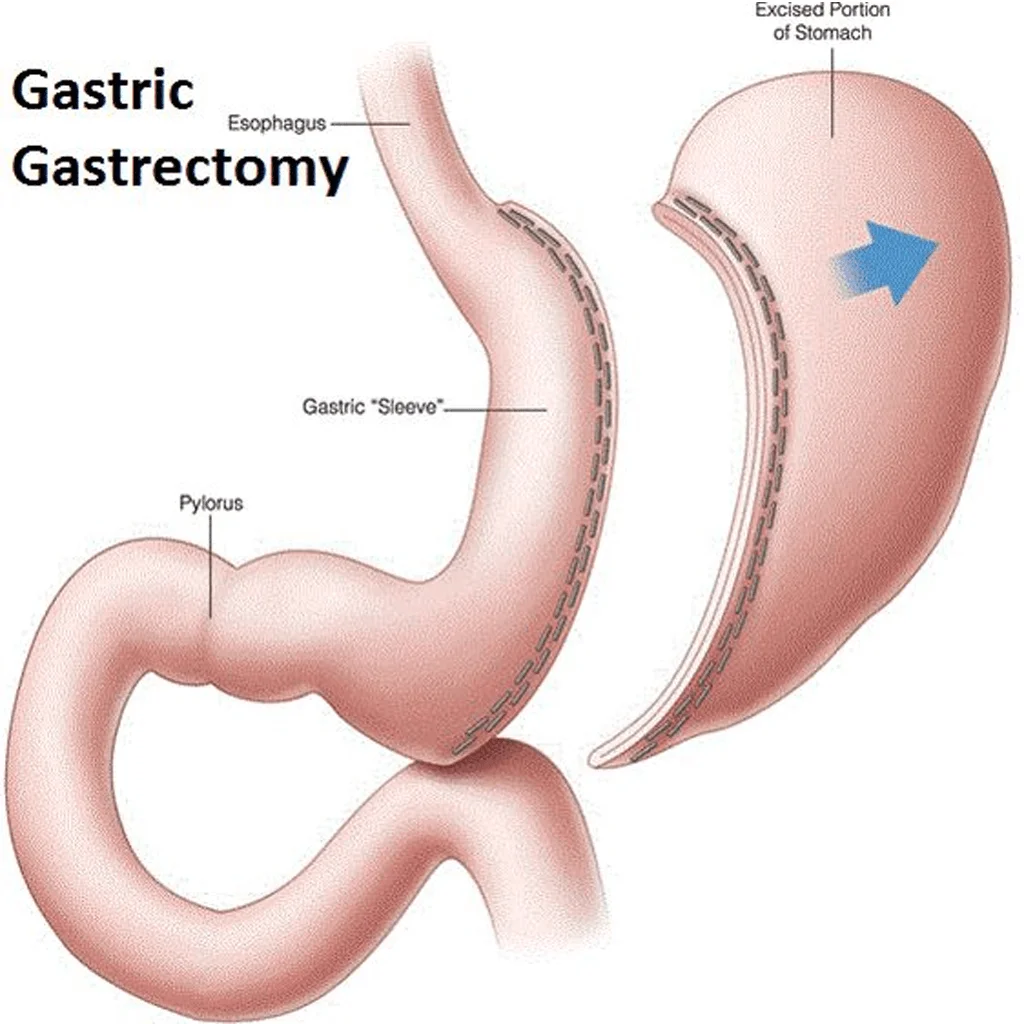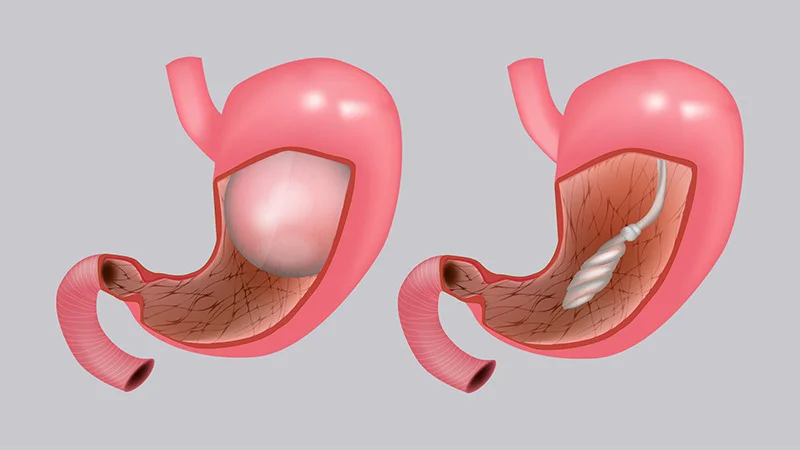7 Essential Steps for Pre- and Post-Op Care: Changing Your Lifestyle with Obesity Surgery
Weight loss surgery , commonly referred to as bariatric surgery, is a transformative option for those struggling with obesity. While the surgery is a crucial step in your journey, the care you receive before and after the procedure is vital for ensuring long-term success. In this blog post, we’ll explore seven essential steps for pre- and post-op care, emphasizing how changing your lifestyle with obesity surgery can lead to a healthier future.
Understanding Bariatric Surgery
Before diving into pre- and post-operative care, it’s important to understand what obesity surgery involves. Bariatric surgery helps individuals with obesity lose weight by making significant changes to their digestive system. The most common types of bariatric surgery include:
- Gastric Bypass: This procedure creates a small pouch at the top of the stomach, connecting it directly to the small intestine. This limits food intake and reduces calorie absorption.
- Sleeve Gastrectomy: In this surgery, a large portion of the stomach is removed, forming a tube-like structure (the “sleeve”). This reduces food intake and impacts hormones that regulate appetite.
- Adjustable Gastric Band: A band is placed around the upper part of the stomach, creating a small pouch. This procedure is adjustable and can be reversed.
Understanding these procedures will help you appreciate the significance of proper care before and after surgery.
The Importance of Pre-Op Care
1. Preparing Your Body for Surgery
Changing your lifestyle with obesity surgery begins well before the operation. Preparing your body physically and mentally is crucial for a successful outcome. Here are some ways to get ready:
- Consultation: Your journey starts with consultations with your healthcare team, including a bariatric surgeon, dietitian, and psychologist. They will assess your overall health, discuss your weight loss goals, and ensure you are a suitable candidate for obesity surgery.
- Nutrition and Diet Changes: A healthy diet is vital in the weeks leading up to surgery. This may involve reducing caloric intake and incorporating more fruits, vegetables, and lean proteins. Your healthcare provider will likely recommend a pre-operative diet to help shrink your liver, making the surgery safer.
2. Mental Preparation
Changing your lifestyle with obesity surgery is not just a physical transformation; it’s also a mental one. Preparing mentally can involve:
- Education: Learn about the surgery, recovery process, and lifestyle changes you will need to make. Knowledge can ease anxiety and foster a positive mindset.
- Support Systems: Surround yourself with supportive friends and family. Consider joining a support group for individuals preparing for or who have undergone bariatric surgery.
The Day of Surgery
3. What to Expect During the Procedure
On the day of your obesity surgery, you’ll arrive at the hospital, where the medical team will prepare you for the procedure. Here’s a brief overview of what happens:
- Anesthesia: You’ll receive general anesthesia, ensuring you are unconscious and pain-free during the surgery.
- The Surgery Itself: The duration of the surgery can vary based on the type of procedure, but it typically lasts between one to three hours. Your surgeon will follow established protocols to minimize risks associated with obesity surgery.
- Recovery Room: After the surgery, you’ll be taken to a recovery room where nurses will monitor you as you wake up from anesthesia. You may experience some pain and discomfort, which can be managed with medication.
The Importance of Post-Op Care
4. Initial Recovery Phase
The first few days after obesity surgery are critical. Changing your lifestyle with bariatric surgery means adjusting to new routines, including recovery practices:
- Hospital Stay: You may stay in the hospital for one to three days, depending on your recovery and the procedure performed. During this time, healthcare professionals will monitor your vital signs and manage any pain.
- Liquid Diet: Initially, you will be on a liquid diet to allow your stomach to heal. Your healthcare provider will guide you through what liquids are appropriate.
5. Gradual Return to Solid Foods
As you recover, you’ll transition from liquids to softer foods and eventually to a regular diet. This process usually follows a staged approach:
- Soft Foods: After about two weeks, you can start incorporating soft foods like mashed potatoes, yogurt, and smoothies.
- Solid Foods: After about four to six weeks, you can begin eating solid foods. Focus on high-protein options and avoid high-sugar and high-fat foods to help maintain weight loss after your obesity surgery.
Long-Term Lifestyle Changes
6. Adopting a Healthy Lifestyle
Changing your lifestyle with obesity surgery extends far beyond the initial recovery. Long-term success requires commitment to a healthier lifestyle:
- Regular Exercise: Incorporating physical activity is vital. Start with gentle exercises and gradually increase intensity as you feel comfortable. Aim for at least 150 minutes of moderate exercise per week.
- Nutrition Education: Ongoing education about nutrition is crucial. Consider working with a registered dietitian to develop a balanced meal plan that meets your new dietary needs after weight loss surgery.
- Mindful Eating: Practicing mindful eating—focusing on your food, eating slowly, and recognizing hunger cues—can help you develop a healthier relationship with food post-surgery.
7. Ongoing Support and Follow-Up Care
Changing your lifestyle with obesity surgery also involves maintaining connections with healthcare professionals and support groups:
- Regular Check-Ups: Schedule follow-up appointments with your surgeon and healthcare team to monitor your progress and address any concerns. These visits are essential for managing your health long-term after bariatric surgery.
- Support Groups: Joining support groups can provide encouragement and motivation. Sharing experiences with others who have undergone similar transformations can be invaluable.
Conclusion
Bariatric surgery is a powerful tool for achieving significant weight loss and improving overall health. However, the success of this journey relies heavily on the care you receive before and after the procedure. By following the essential steps outlined above, you can change your lifestyle with obesity surgery and pave the way for a healthier, happier future. Remember, this journey is not just about the surgery; it’s about embracing a new way of living. With dedication and the right support, you can achieve lasting change.





